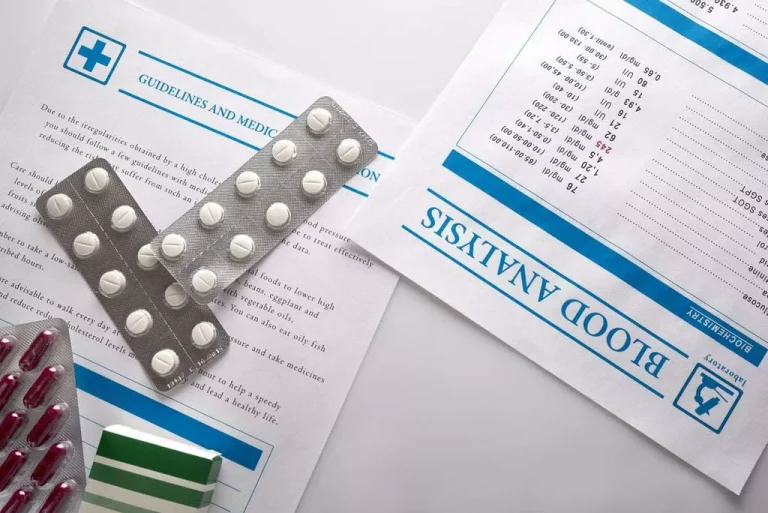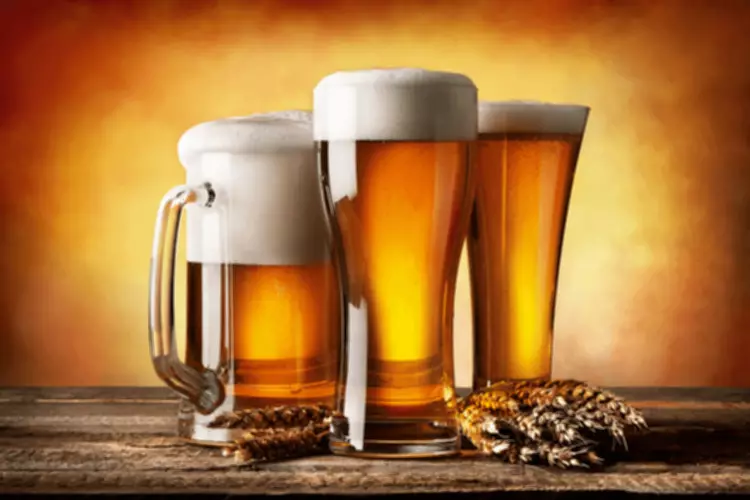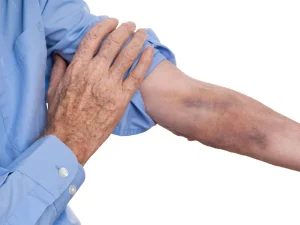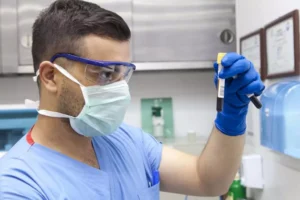
So, by now you must have got an idea as to how healthy eating can help the addicts in the recovery process. Nutrition, healthy eating, and exercise- all play a crucial role in bringing back the addicts to normal life and healthy body. Avocados, ginger, walnuts, lentils, and tomatoes are packed with vitamins and minerals as well as healthy fats that help in restoring the brain cells and boosting addiction recovery.
Caring for Your Health During Recovery
However, this can cause swings in blood sugar levels that may lead to drug cravings. Also, eating foods with high sugar content can trigger a physiologic reaction similar to drugs in that it triggers the brain’s reward system. Instead of getting healthier, you run the risk of trading one addiction for another. Substance abuse often enables poor dieting choices like late-night eating, skipping meals and unhealthy food choices. Many drugs, when abused, may also prevent your body from receiving the proper nutrients it needs from foods. Abusing drugs can reduce your daily nutrition intake, making detox and a proper diet even more vital to your full recovery.

Nutrition to Help Your Body Heal in Addiction Recovery
Women who drink heavily are at high risk of osteoporosis and may need to take calcium supplements. Healthy carbs like whole grain bread, cereals are good for energy as well as antioxidants. Honey is also a great source of energy packed with essentials that a body requires. Salmon, chia seeds, flax oil or seeds are high in omega three while kidney beans, artichokes, apples, berries and pinto beans are high in antioxidants. As mentioned above, we would like to bring into notice again that people in early recovery period should restrict their caffeine intake to just one cup of coffee per day, mainly in the morning. Any addiction to alcohol or drugs will most likely cause cognitive impairment like it may be memory loss, inability to perform some skills, etc.
Addiction Therapy Programs

For this reason, adding more fish and poultry to your diet may enhance your mood, mental clarity, and well-being. Gradually increase the complexity and duration of these healthy habits. For instance, after establishing a regular walking routine, try adding strength training or a yoga class. With nutrition, consider meal prepping healthy meals for the week ahead to avoid the temptation of fast food or convenience items.

- Substance misuse can have many long-term effects on health and nutrition.
- For those new to sobriety, making dramatic changes to their diet and exercise routine can feel overwhelming.
- Stimulant users will often stay up for days at a time and repeatedly use the drug.
Detox can be an uncomfortable process for individuals experiencing alcohol addiction. Ultimately, protein is more than just a macronutrient; it’s a foundational element in the journey towards best diet for recovering alcoholic rebuilding a healthy body and mind in the aftermath of alcohol dependency. A balanced diet with adequate protein is a key strategy in promoting long-term recovery and wellness.
Nutritional Guidelines and Diet for Addiction Recovery
The first step in treating addiction to any substance is to remove all traces of the substance from the body. Unfortunately, many people attempt to quit drugs or alcohol on their own, which almost never works. No matter what the substance or the person’s history of abusing it, the withdrawal phase is where most people fail when trying to fight addiction alone. While the body can withstand malnutrition for weeks, if not longer, dehydration quickly becomes a matter of life or death. Water makes up around 60% of the body and plays vital roles in nearly every function.
- By eating right, you are giving your body the much-needed minerals and vitamins it requires.
- Activities like hiking, swimming, or even joining a recreational sports league provide both exercise and a sense of community.
- A balanced nutritional diet can go a long way when it comes to recovery, stopping alcohol cravings and getting your body back to functioning how it should be.
- These are all nutrients that are often found to be deficient in alcoholics.
- There are numerous treatment centers available that offer treatment for those struggling with addiction and malnutrition.
Examples of whole grains include quinoa, brown rice and non-instant oatmeal. They’re likely cooked in unhealthy fats, like saturated and trans fats, and aren’t very nutritious. Alcohol and poor eating can stop your liver from releasing glucose into your blood. The development of a nutritional plan for those in recovery involves planning out meals and determining an appropriate meal schedule that meshes with other activities in the treatment plan. Neuroplasticity is the brain’s ability to form new connections and rearrange old ones, typically in response to injury, disease or a change in the environment. The development of addiction is itself an example of neuroplasticity, as the reward pathway’s activity chemically adapts to the presence of drugs or alcohol.
Prioritize Protein

